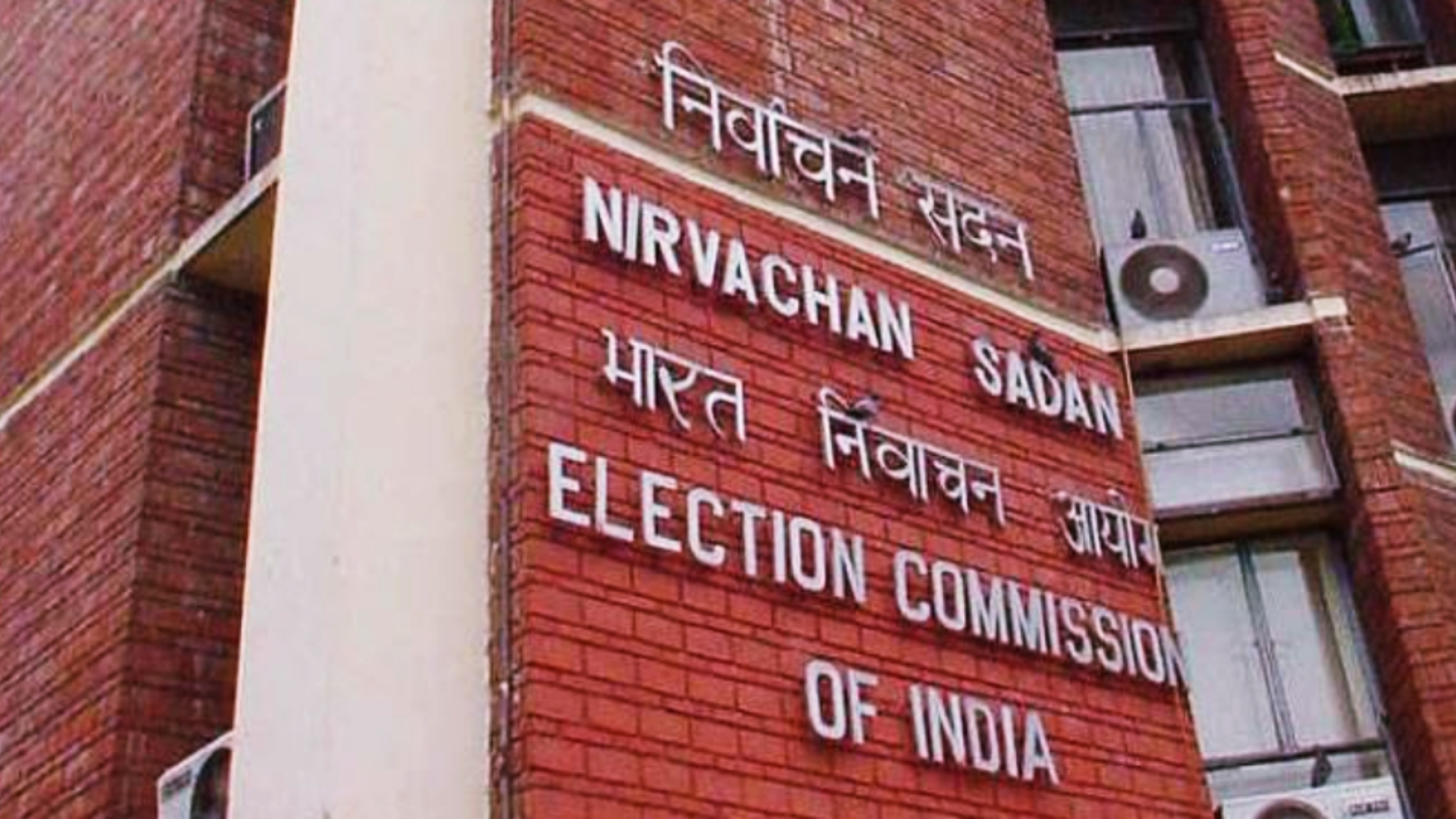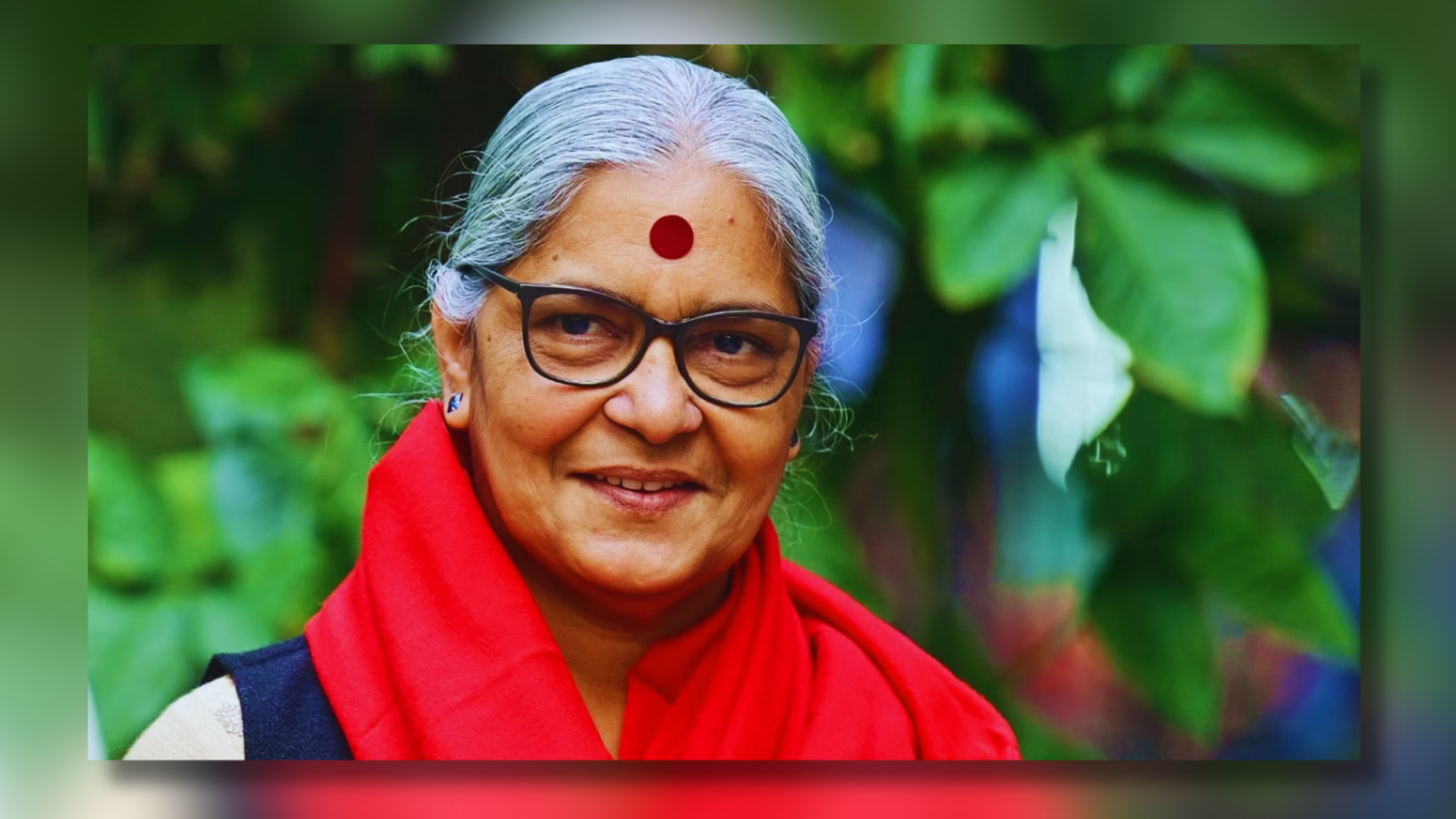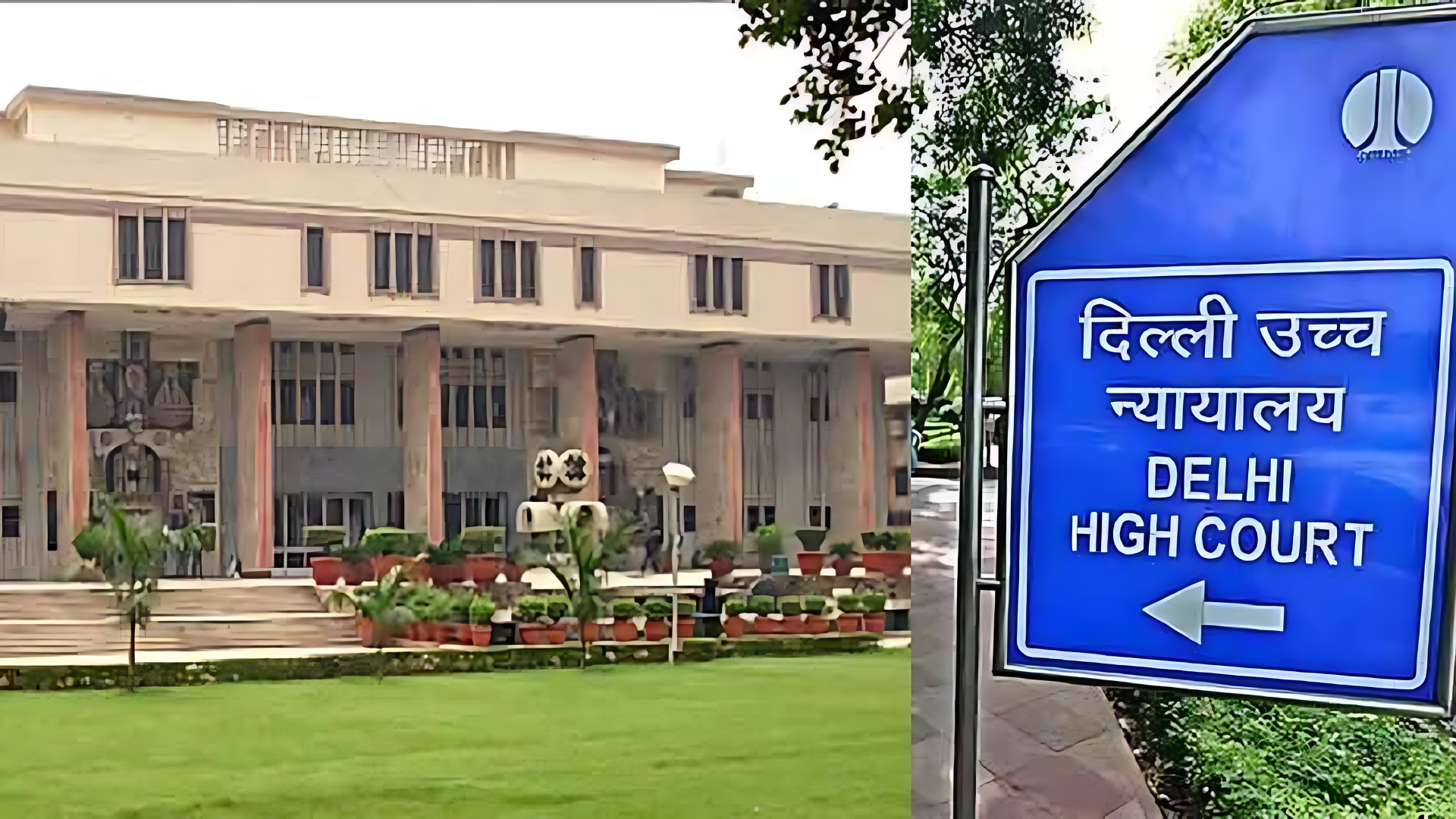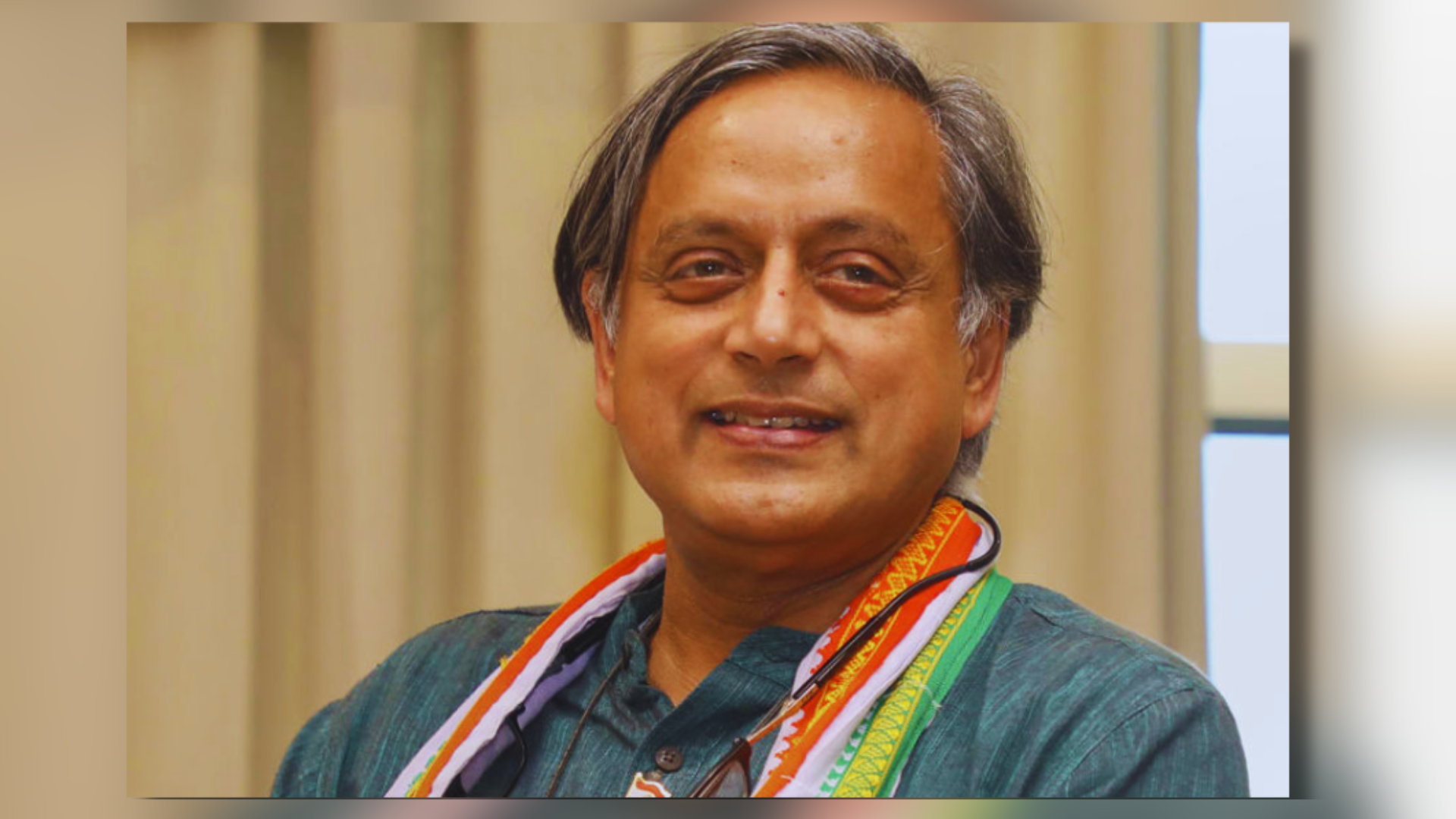


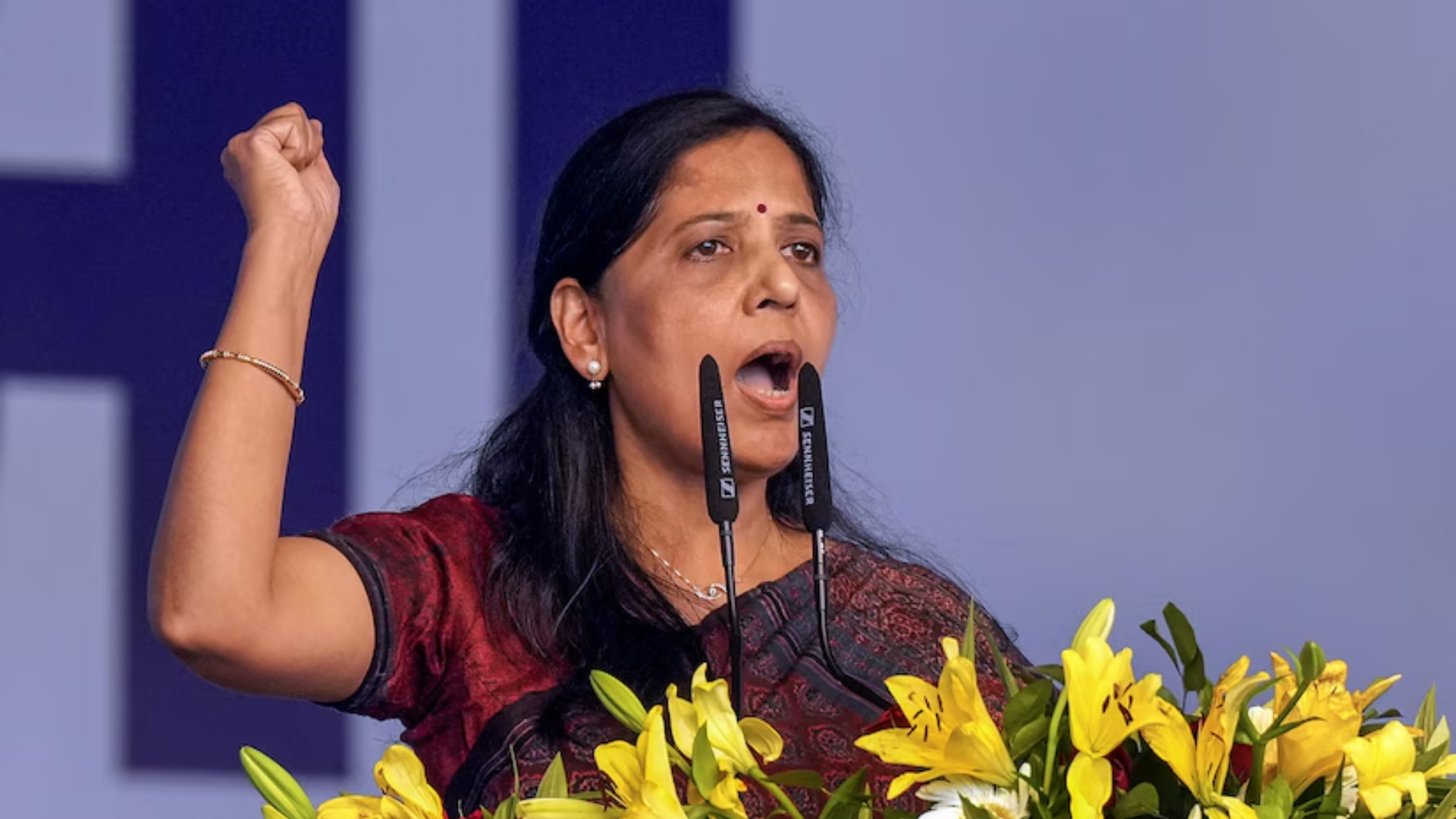
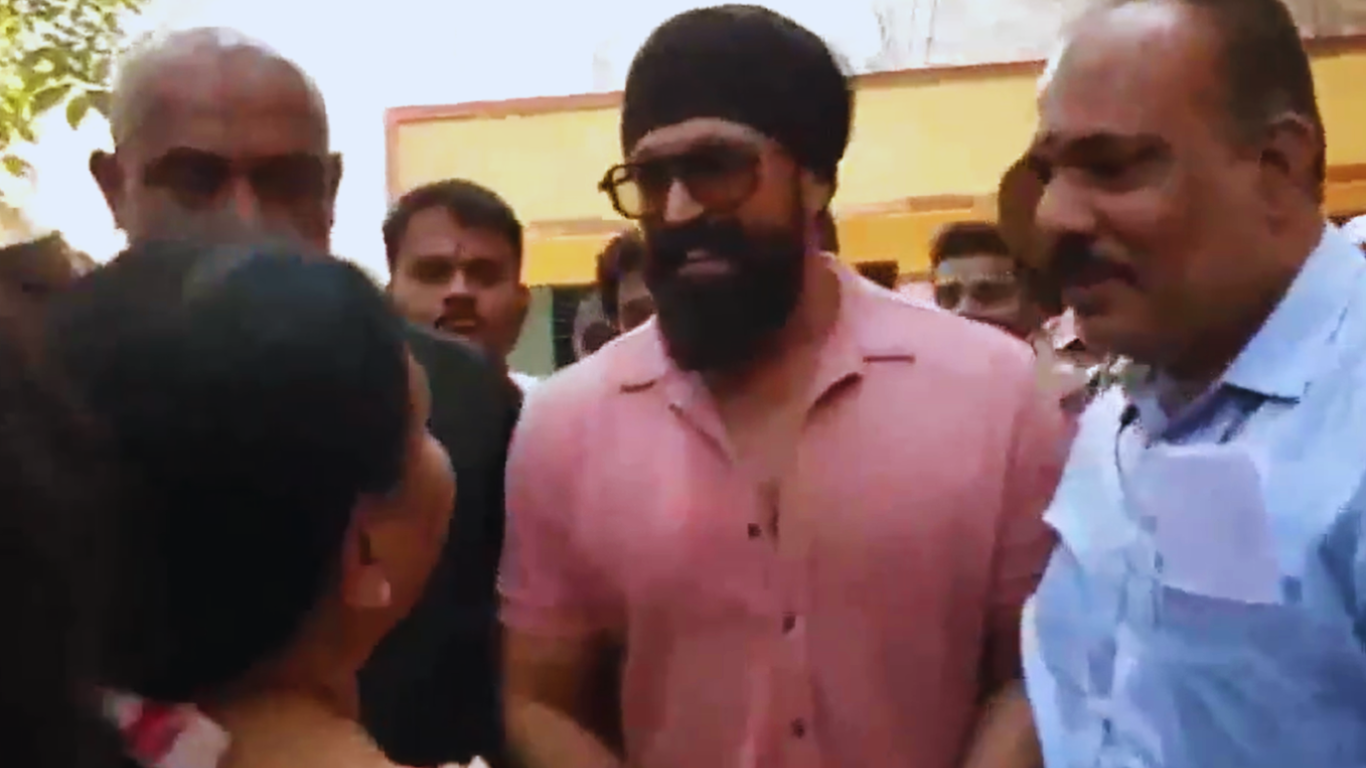
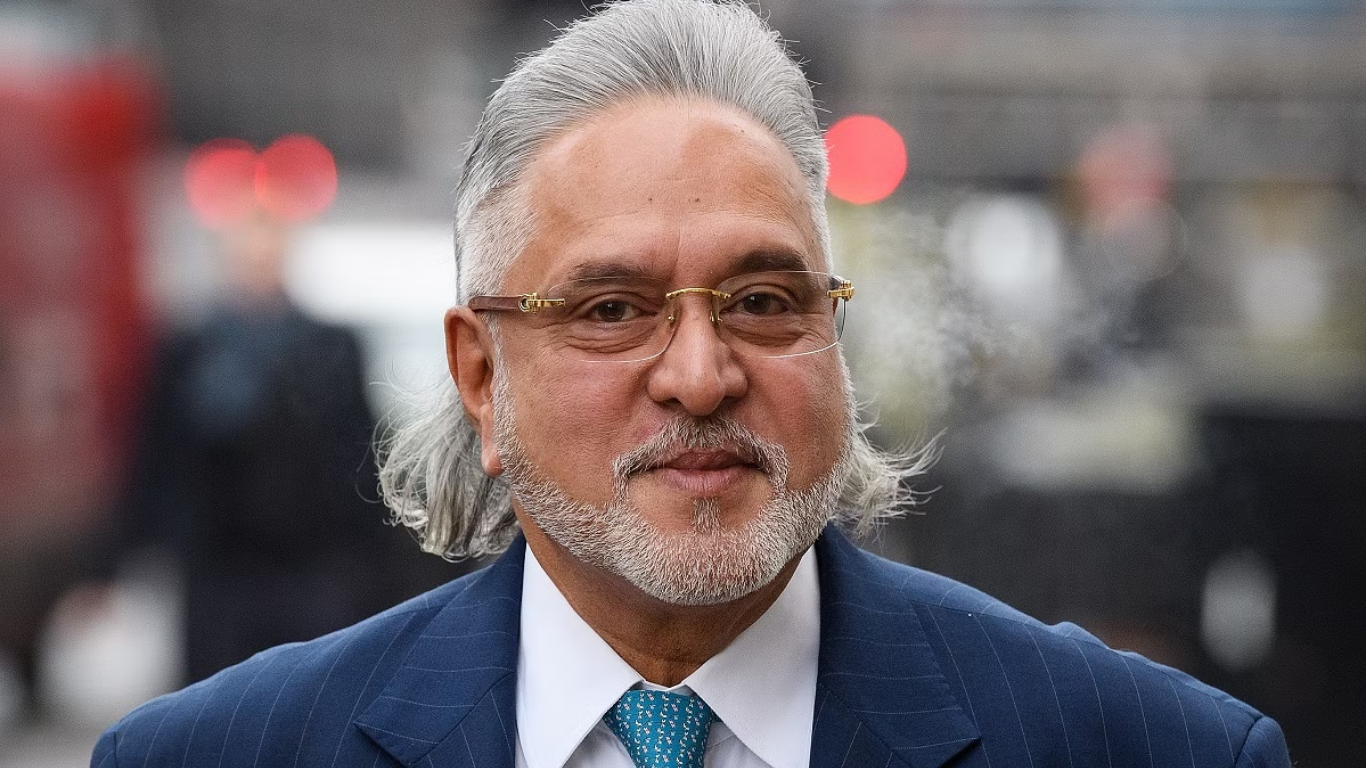

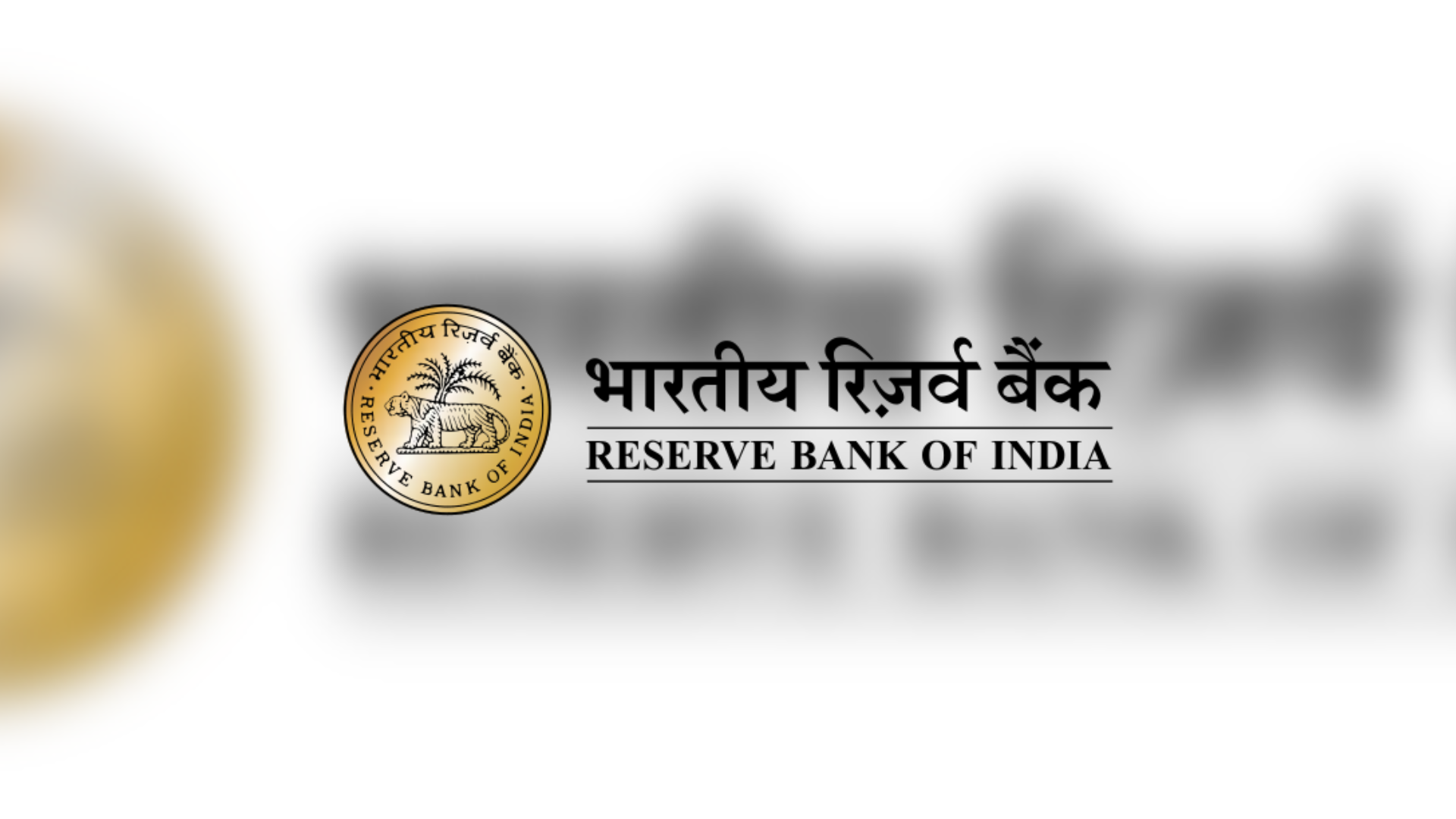
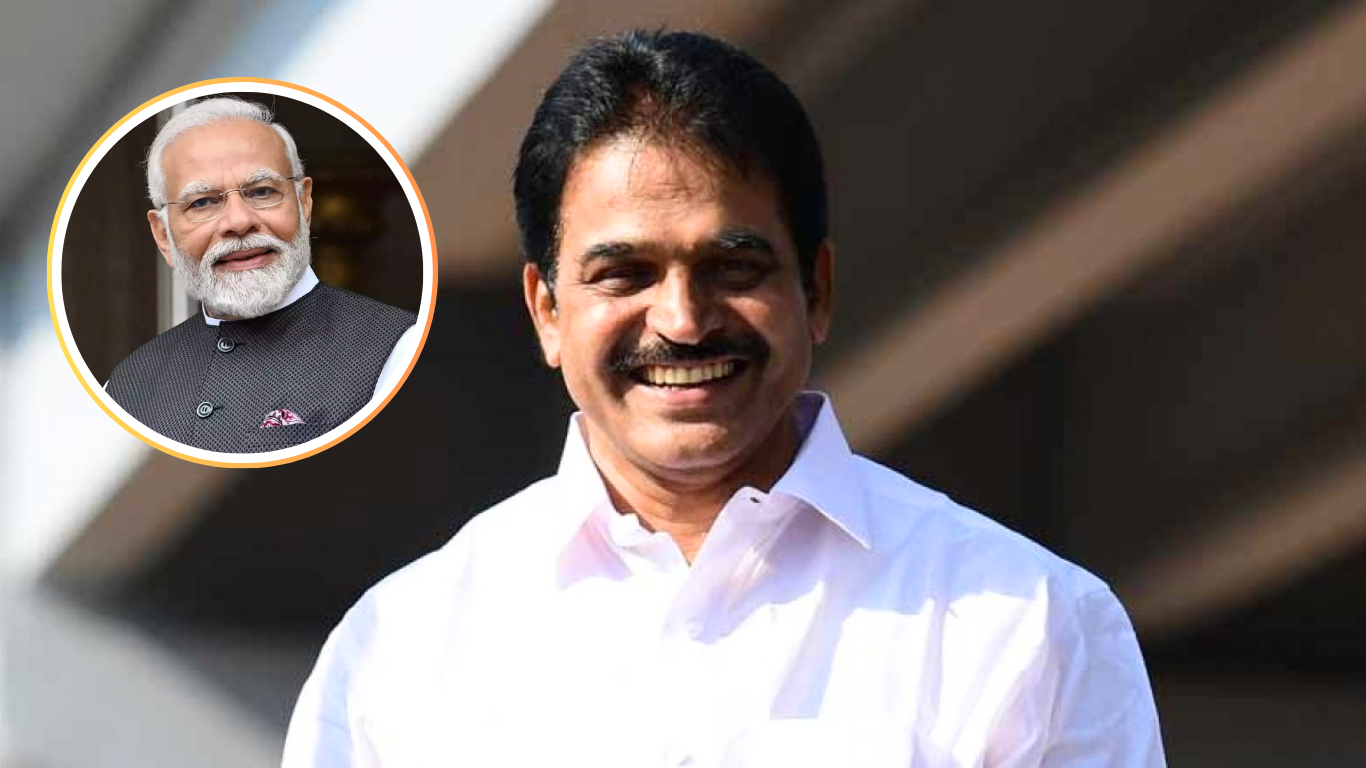
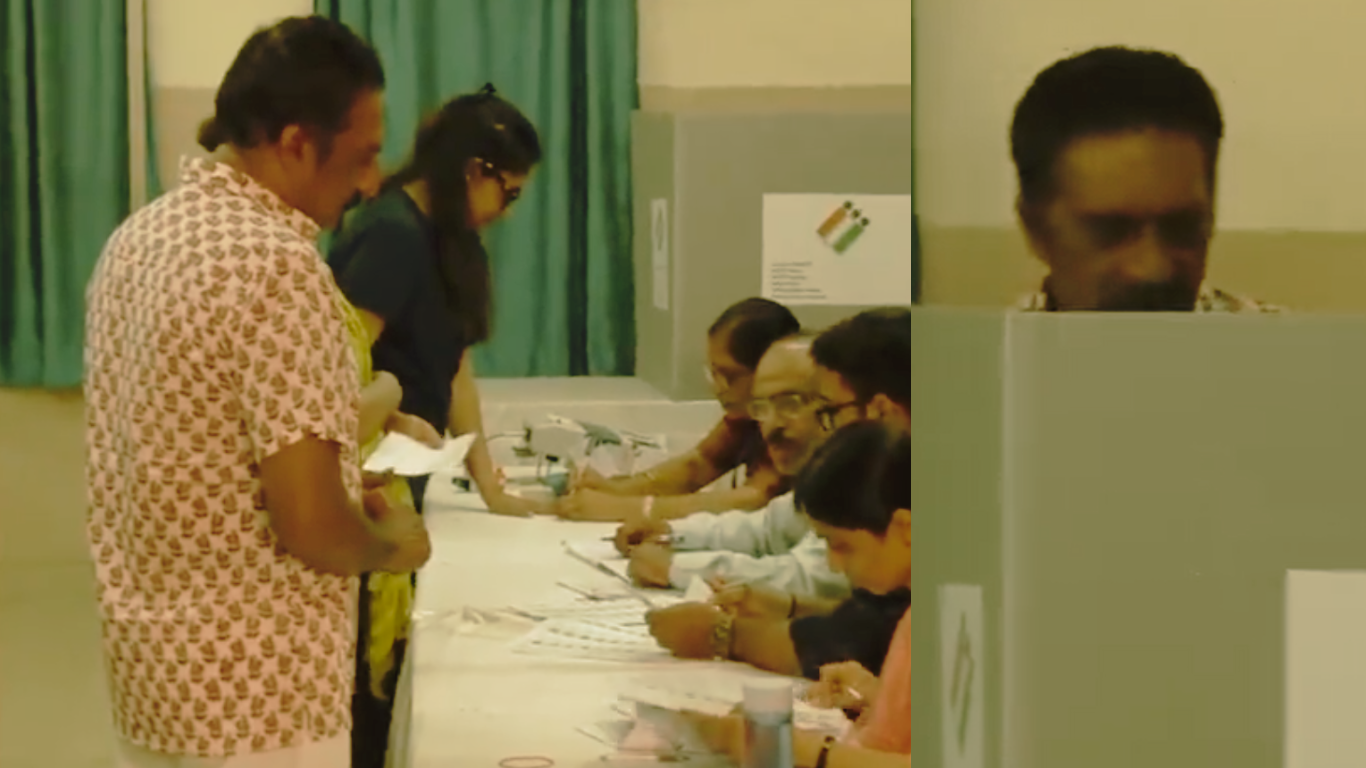
The Supreme Court declared on Wednesday that AG Perarivalan, one of the convicted in the assassination of former Prime Minister Rajiv Gandhi, will be released. The verdict might open the path for the release of the remaining six defendants in the case, including Nalini Sriharan and her Sri Lankan spouse Murugan.
“The state cabinet made its choice after considering all relevant factors. It is proper to release the convict under Article 142 “The Supreme Court’s exceptional powers were used by a group of judges led by Justice L Nageswara Rao.
Perarivalan, speaking shortly after the verdict, said, “We had truth and justice on our side. This would not have been possible without the people’s love and support.”
Perarivalan, who was nineteen at the time of the assassination, was accused of purchasing two 9-volt batteries for Sivarasan, the LTTE member who masterminded the assassination. In 1991, the batteries were used in the bomb that killed Rajiv Gandhi.
In 1998, an anti-terrorism court sentenced Perarivalan to death. The Supreme Court maintained the conviction the next year, but commuted it to life imprisonment in 2014. He was granted bail by the Supreme Court in March of this year.
Perarivalan filed an appeal shortly after, requesting an early release from prison.
The Centre had objected to Perarivalan’s request, claiming that the Governor of Tamil Nadu had submitted the subject to President Ram Nath Kovind, who had yet to make a decision.
The Supreme Court had questioned the Governor’s action and the delay in the case.
The court had stated that the Tamil Nadu Governor is bound by the cabinet decision to release all seven convicts in the case, granting them pardon under Section 161 of the Constitution, and that it would not wait for the President’s response, despite the fact that the file had been forwarded to the President’s Office.
The Centre received criticism from the court last week for arguing that only the President would have sole authority in circumstances of grant of mercy.
The court stated that this would render the governors’ mercy illegal over the years.
Former Prime Minister Rajiv Gandhi was slain during an election rally in Sriperumbudur, Tamil Nadu, on May 21, 1991, by a female suicide bomber known as Dhanu.
In this case, seven persons were found guilty. Despite the fact that they were all sentenced to death, the Supreme Court commuted their sentences to life in 2014, citing the President’s excessive delay in deciding on their mercy appeals.
One of them, Nalini Sriharan, was sentenced to life in prison in 2000 after Rajiv Gandhi’s widow, Sonia Gandhi, intervened. The woman had given birth to a child while incarcerated.
Despite the fact that the Tamil Nadu cabinet under J Jayalalithaa and Edappadi K Palanisami recommended the convicts’ release in 2016 and 2018, successive Governors ignored it. They forwarded it to the President after much delay, who only acts on the advice of the Union cabinet.
Perarivalan and others went to court after being granted remission like other offenders despite serving more than 16 years. They’ve been in prison for three decades.


